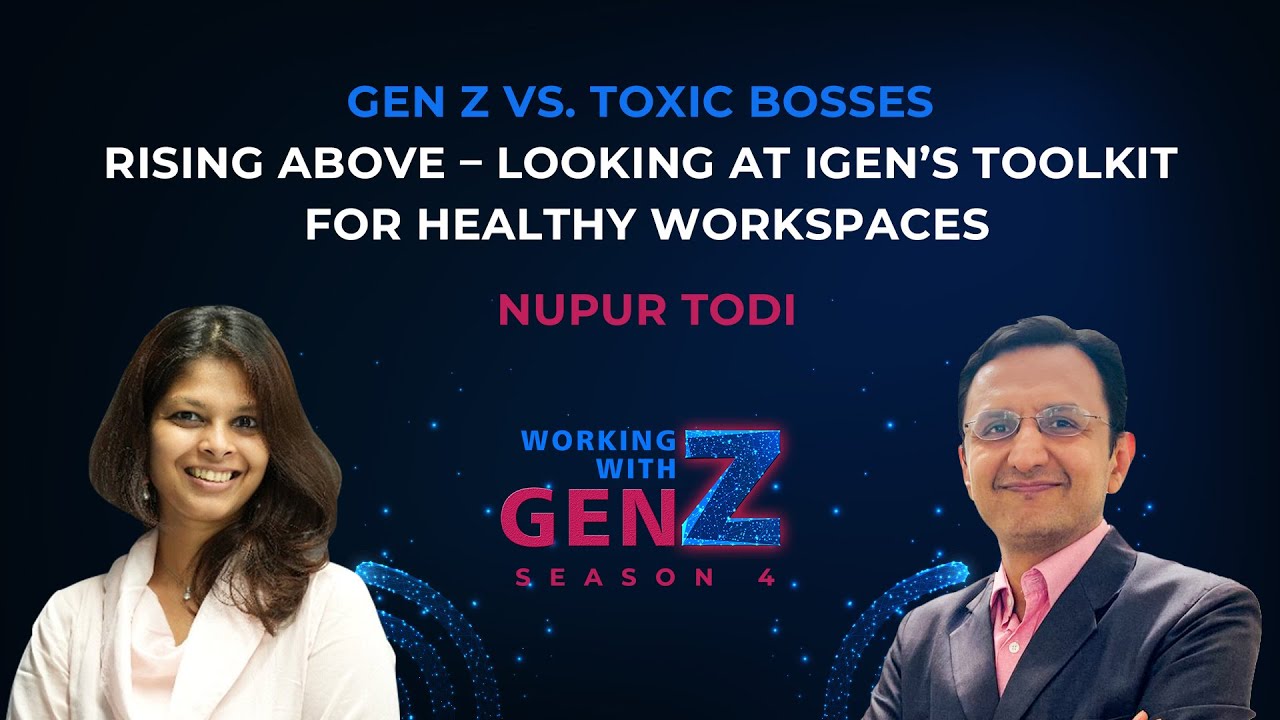Description
Generation Z, is entering the workforce with a fresh perspective on work-life balance, mental health, and career aspirations. Unlike previous generations, some would say they value transparency, inclusivity, and a positive work environment immensely. However, the presence of toxic bosses poses significant challenges to these values. Toxic bosses, characterized by their manipulative, unsupportive, or hostile behavior, can severely impact Gen Z employees, leading to decreased job satisfaction, increased stress, and higher turnover rates. The mismatch between iGen’s expectations and the reality of dealing with toxic leadership can also hinder their professional development and overall well-being.
The impact of toxic bosses on Gen Z extends beyond the immediate work environment. The stress and anxiety caused by negative leadership can spill over into their personal lives, affecting mental health and interpersonal relationships. This generation, already attuned to the importance of mental health, may find it particularly difficult to cope with the additional strain. Moreover, the presence of toxic bosses can undermine the collaborative and innovative spirit that Gen Z brings to the workplace, stifling creativity and diminishing the potential for growth. Addressing the issue of toxic bosses is crucial for organizations that wish to harness the full potential of Gen Z, ensuring a supportive and productive work environment for all employees.
So, what are the ways to mitigate the impact of toxic bosses? Find out as Leadership Expert Nupur Todi, tells What are the characteristics and behaviors of a toxic boss? What is the impact of it on the organization and team and more specifically the Gen Z (professionally and personally). What are the signs Gen Z should look for when dealing with a Toxic Boss and how to cope with it. What can companies do help train Gen Z’s to deal with bad bosses in their careers and more.




